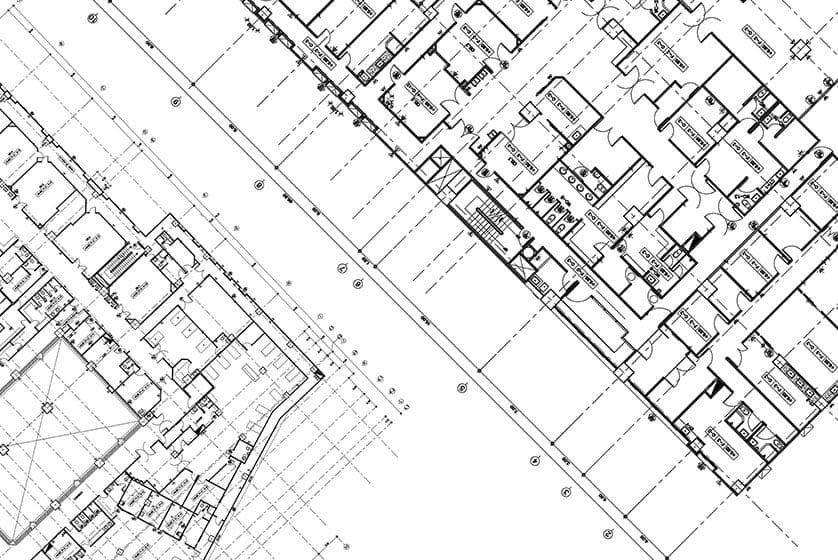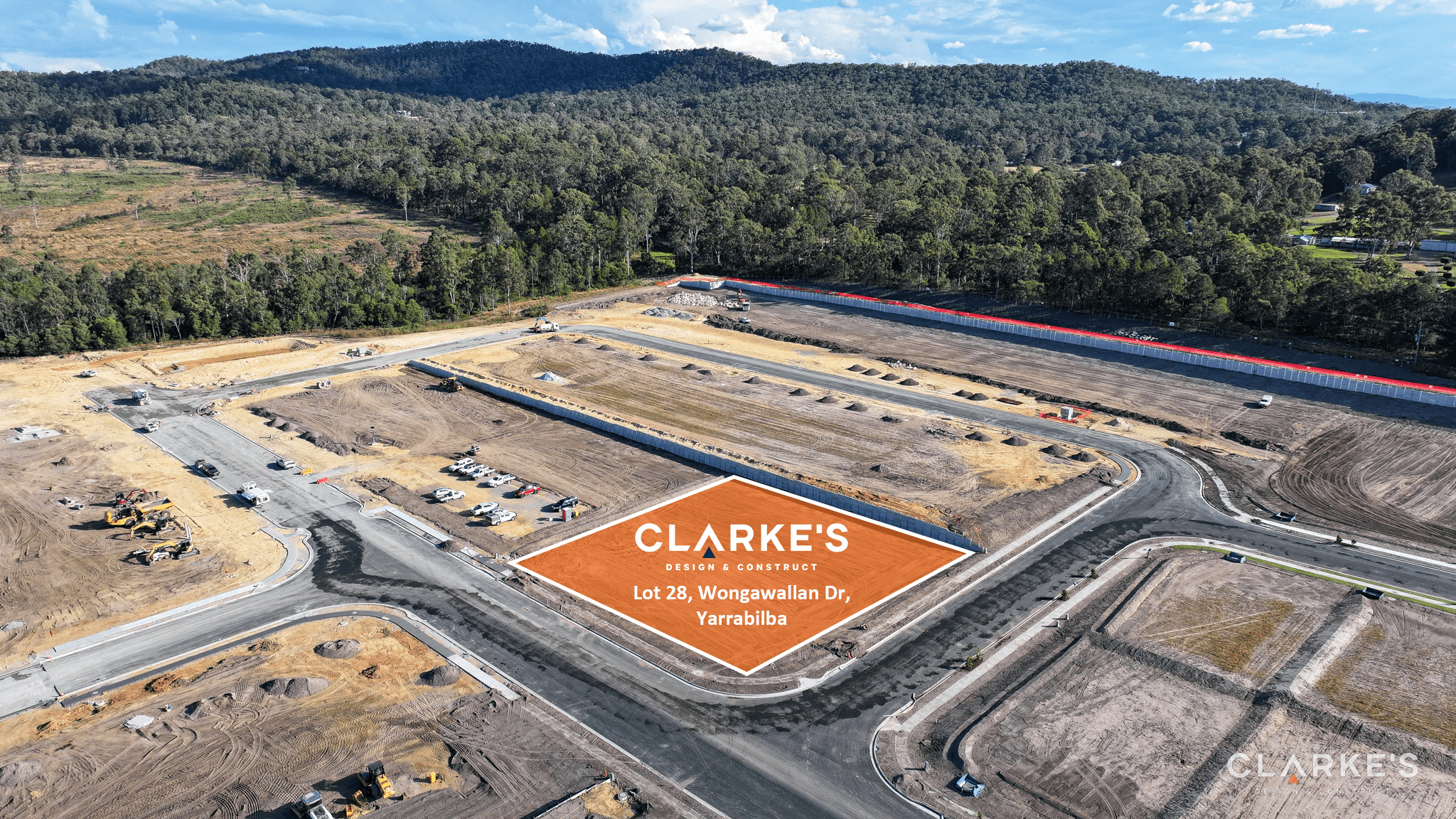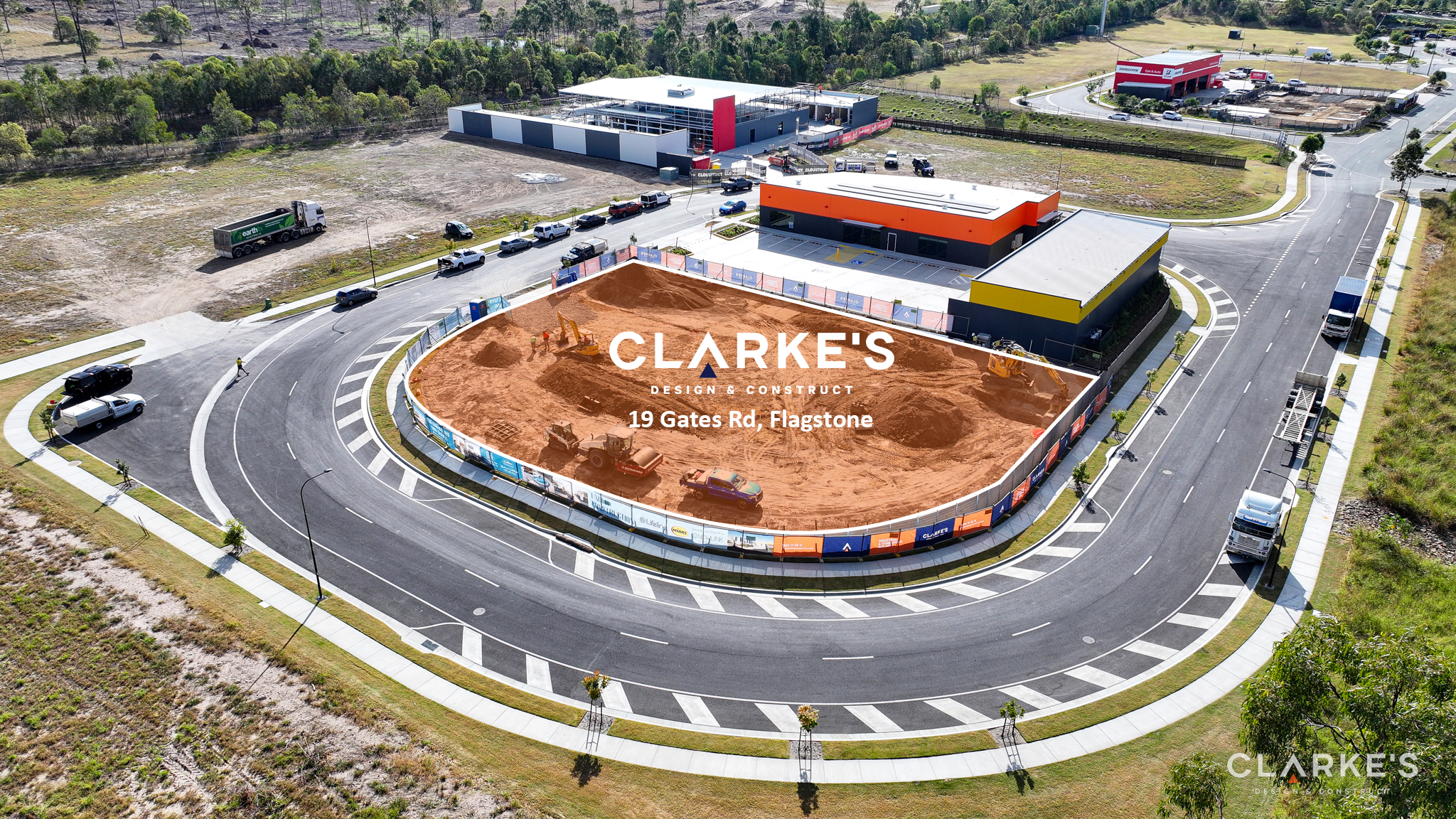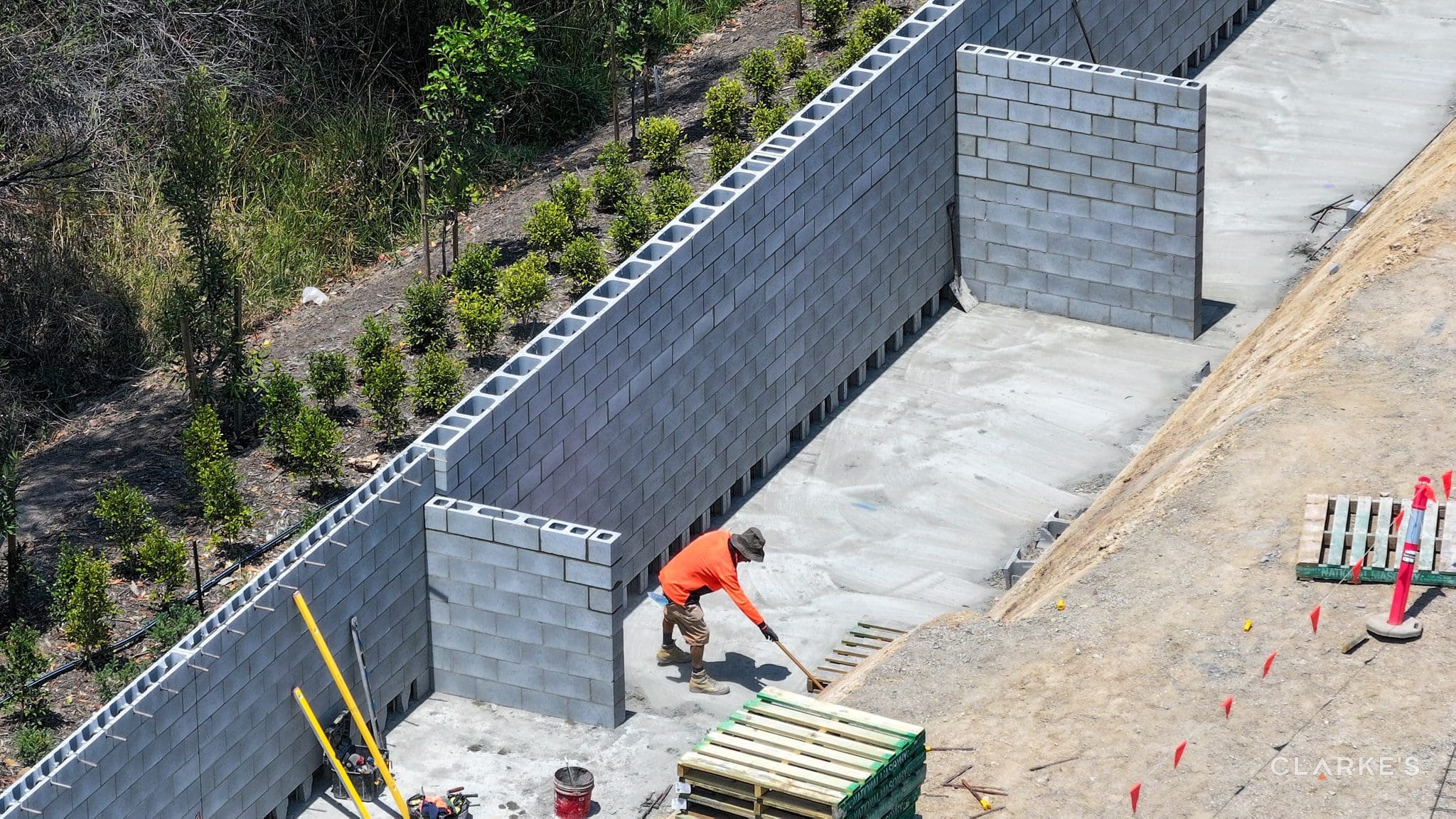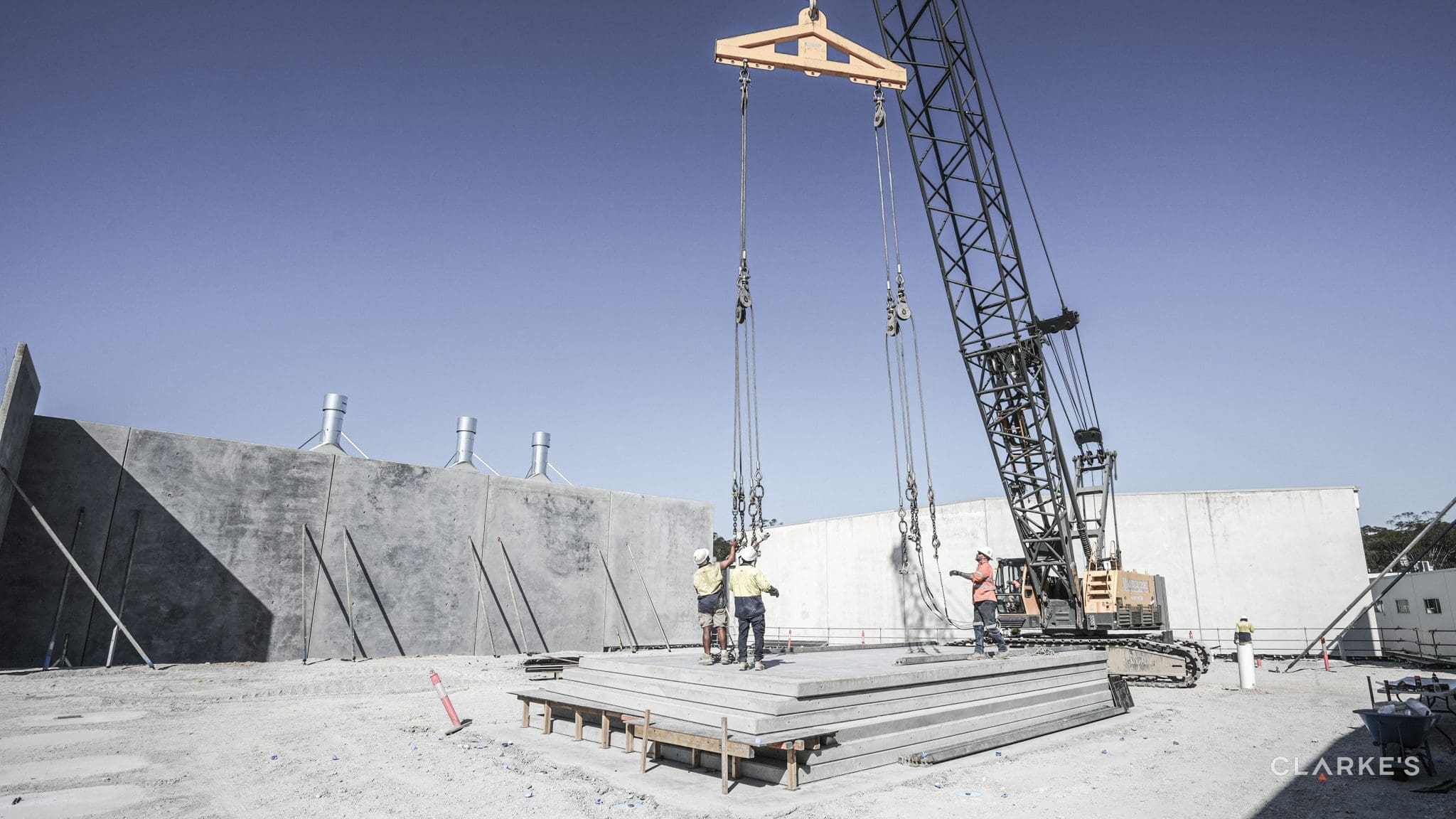When talking about property, ‘zoning’ refers to the intended use and nature of the property. Zoning laws and regulations are stipulated by the local council. They make decisions about which areas commercial, industrial and residential properties can be built in. Zoning is why you will never see an agricultural farm in the middle of a city—there are actually laws which dictate where you can set up this kind of business.
Getting approval for a build will be contingent on meeting the zoning laws for that particular state and suburb. This is why it’s so important to understand the guidelines and restrictions before choosing a site for your commercial or industrial construction.
Zoning categories
Zoning laws break properties into four basic categories: residential, commercial, industrial and agricultural. As zoning is different state to state, and even area to area, there may be additional subdivisions that council zoning officers enforce. For example, there may be restrictions on the type of commercial business you are able to operate within a commercial zoning area. Perhaps the area is designated as commercial office space but not approved for commercial food businesses.
Where zoning complications commonly arise
The most common zoning complications arise when you don’t have a basic understanding of zoning laws. You need to know that you are going to get approved for the type of building you plan to construct prior to purchasing the land or you’ll find yourself in a pickle. If you’re getting a loan for the land, there are also different loans for different types of property. Most commonly, commercial loans have a higher interest rate and the value of the mortgage is directly tied to the potential rental return you can expect. It can become an absolute headache when zoning laws interfere with your construction plans so make sure you’re familiar with them. Alternatively, work with a builder like us who takes care of all this for you!
How zoning laws are made
The local council plays a key role in determining which areas within the community will be utilised for each property type. This is usually decided within zoning meetings and decisions are made after councils carefully consider a variety of factors which may include things such as what neighbouring zones are used for. Sometimes zoning laws can be set up so that an area can be used for more than one purpose. This is where you’ll find a commercial or industrial property that also doubles as a residence or a mix of commercial and residential properties in the one area.
Other zoning restrictions
In some instances, zoning laws may dictate how you can build your property. For example, there may be restrictions on how high you can build in an area. In some areas you can’t build double-storey structures or go beyond a particular height. Heritage listings can also affect what you can do with a piece of land or a property on a piece of land—you may be required to adhere to heritage guidelines that maintain a certain continuity in an area.
For more on zoning in Queensland, check out the Queensland Government’s property development laws page here.
